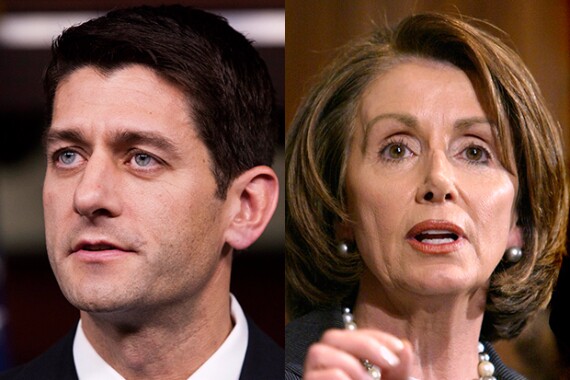
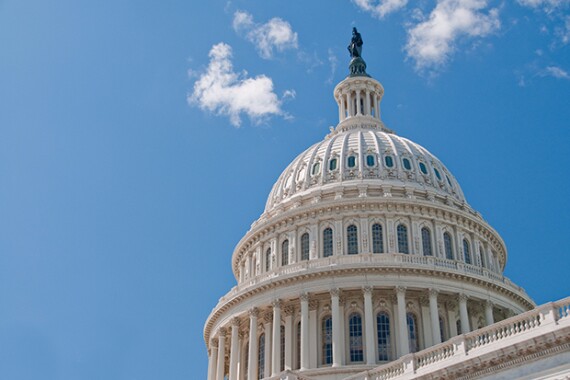
GOP Retains Senate

Rubio Wins in Florida

GOP Finds Safety in Indiana

Blunt Plurality for the Win

Masto Wins in Nevada
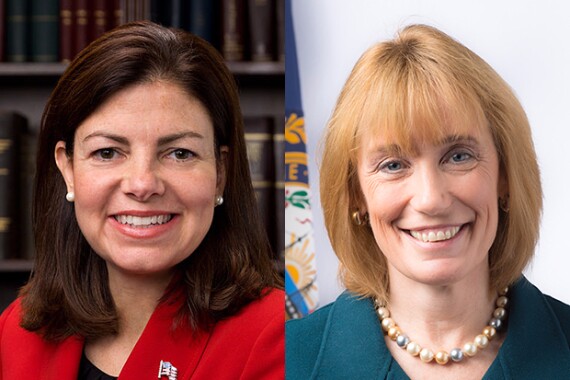
New Hampshire Still Too Close to Call

Burr Retains Seat in North Carolina
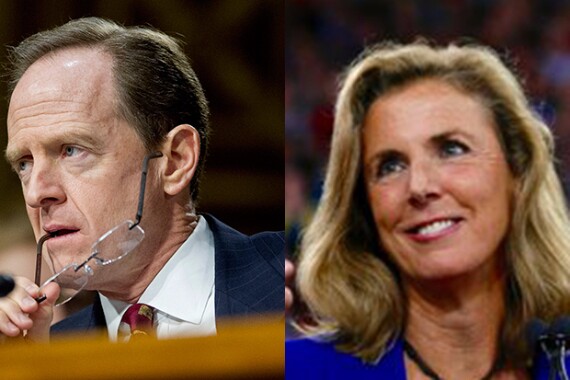
Toomey Pulls It Off in Pennsylvania
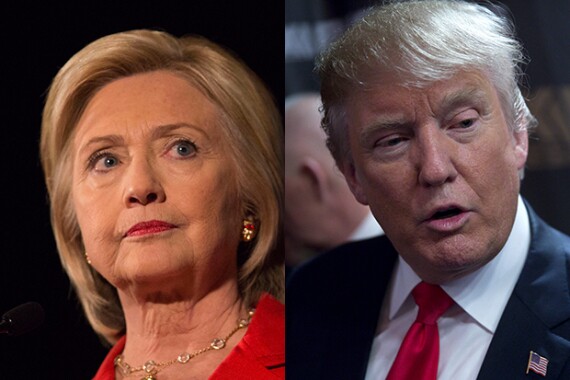
Trump Takes the White House

Legalized Pot Wins More States
The projected results bring the number of states that have legalized cannabis to 28, a number that could rise to 29 when all the votes are counted in Montana, which also had a medical marijuana initiative on the ballot.
The outcome in Maine, Arizona and Nevada, which have already legalized medical marijuana but were considering recreational use measures Tuesday, also hung in the balance.
The growing number of states that have legalized at least some use of marijuana puts added pressure on lawmakers and regulators to smooth the way for credit unions and banks to serve legitimate pot businesses.
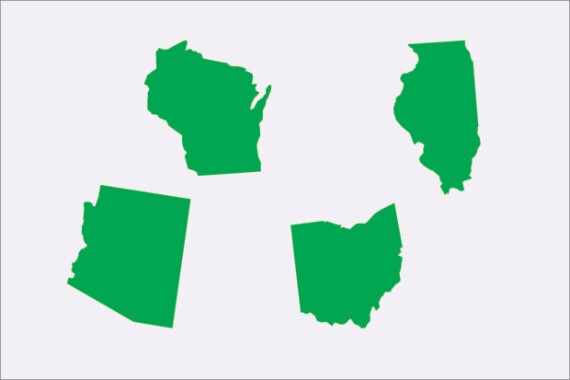
Also Rans?
In Louisiana, where a plurality is not sufficient to win, a runoff will be held Dec. 10 between Democrat Foster Campbell and Republican John Kennedy.
